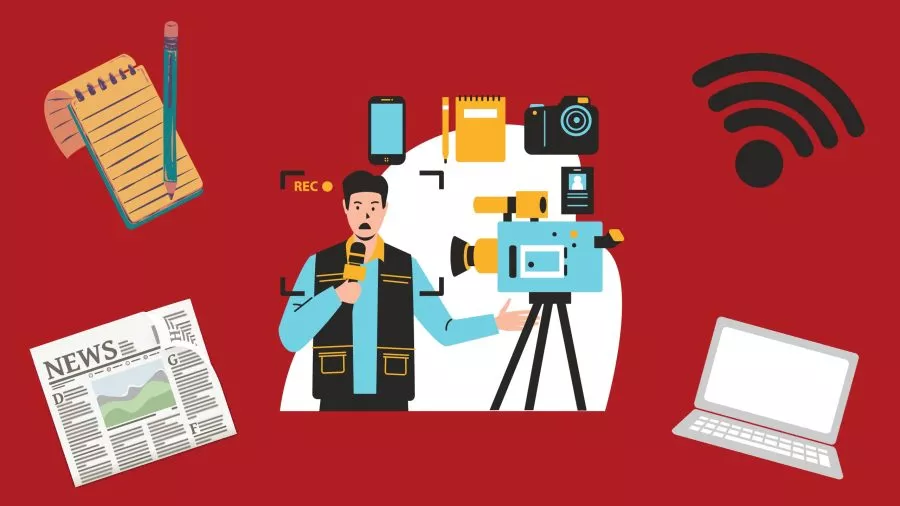By Tom Hill, Course Director and Founder, Up To Speed Journalism.
In the latest of our series of practical tips for people who want to succeed as reporters, I’m taking a look at one of the most common mistakes people make when they first start chasing stories.
Tip #8 Don’t Rely On Email
Effective communication with people is a key skill for a reporter and there is no better way to achieve that than by talking to them.
One of the worst ways to approach an interviewee is to send them an unsolicited email.
However, it is an easy trap to fall into when you are starting out as a reporter, partly because there are some myths about email’s effectiveness and convenience.
Three Myths About The Effectiveness of Email
- By sending an email, you are doing something constructive and reaching people instantly.
- An email is a more convenient, succinct and easy way to deal with interview requests for the busy person you are trying to reach.
- People will get back to you.
So, what’s the reality and what are the alternatives?
Three Reasons Why Email Is A Bad Idea
- A phone call is much quicker and you will know straight away whether the person can help you or talk to you. You will also have an opportunity to use your best phone manner and charm as described in a post, something you can’t do by email. You may also catch them off their guard, which can lead to a much better response or reaction. So, next time you sit down to write an unsolicited email, ask yourself if the real reason you are doing it is to avoid using the dreaded telephone.
- You may think your contact would prefer to receive an email rather than a phone call, but spare a thought for the person you are trying to contact. Recent research in America suggests that the average office worker can spend one to two hours a day sorting out their inbox. Some people are so swamped by email that they leave hundreds of messages unanswered. In some large companies uncontrolled email traffic leads to circular conversations where every respondent clicks “reply all” leaving all of their colleagues on the receiving end of dozens of dreary responses. And when you add junk mail, mail-shots, spam and email scams into the mix, you will see that many people are either wary or weary of what should be a highly effective communication method.
- You are asking your contact, or potential interviewee, to make the first move if you email them. They either have to send a reply, or pick up the phone to talk to you. You are the one who wants the information and so you should be doing the leg work. When you are up against a deadline you can’t afford to sit back and let the other person decide when, and if, they will bother to respond.
If you phone someone and they request that you send them an email, I have three tips for you.
Three Tips For Writing Effective Emails
- Make sure you have spelt everything correctly and that it is grammatically correct. Emails are often sent in a hurry and your reputation as a journalist hangs on your ability to use the English language.
- Make your message clear. The written word can be misinterpreted much more easily than the spoken word.
- Keep it brief. A few lines are all you need, because the person receiving it doesn’t have all day to read it. Make sure you mention your deadline and call them again if they haven’t responded as the deadline approaches.
